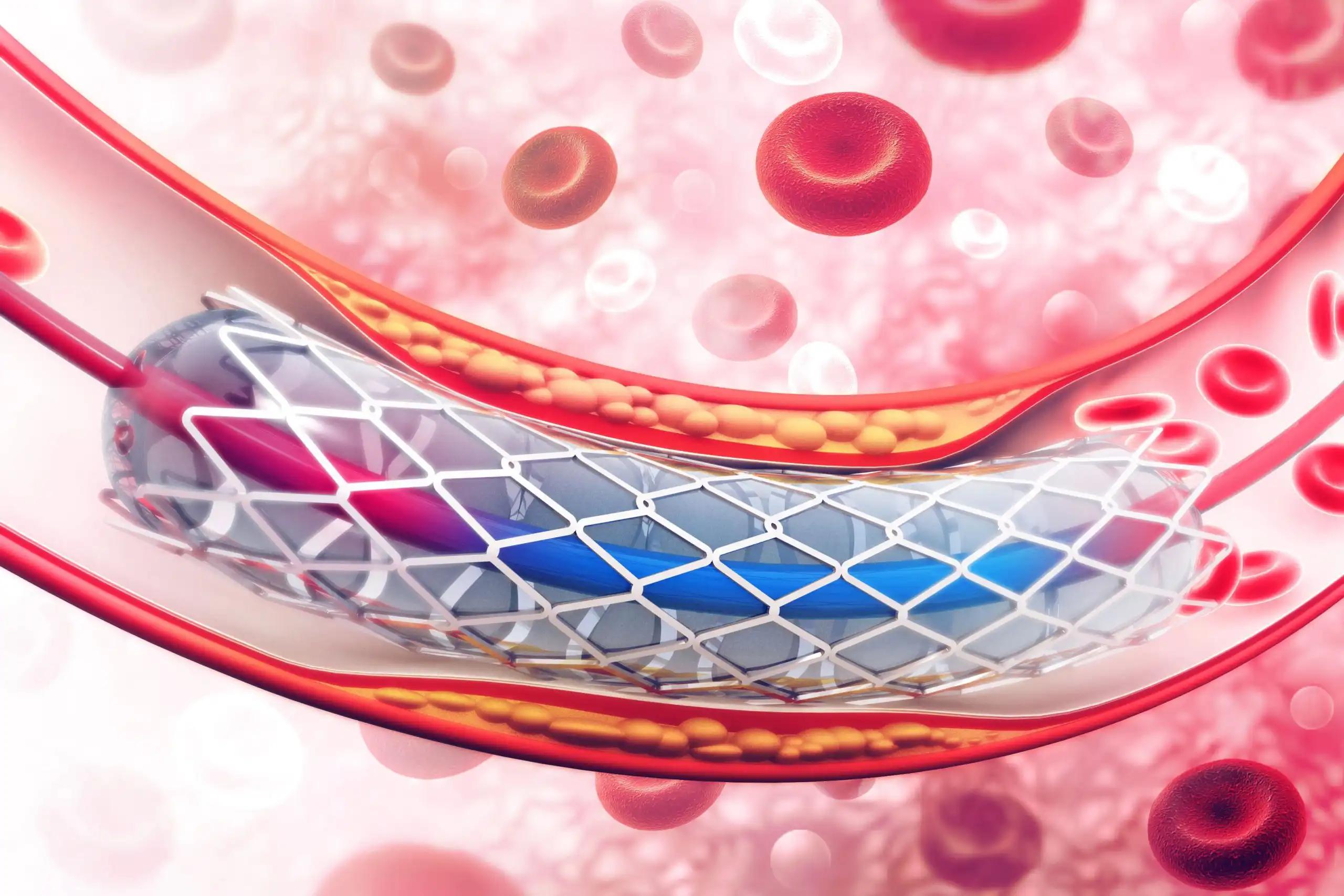KEY TAKEAWAYS
- This is a Phase III clinical trial named EMERALD aimed to evaluate the efficacy of Elacestrant in prolonging PFS in patients with advanced breast cancer that is estrogen receptor-positive and HER2-negative.
- The trial was randomized and open-label, with patients receiving either Elacestrant 400 mg orally once daily or SOC endocrine monotherapy.
- Elacestrant showed a significant improvement in PFS in the overall population and patients with ESR1 mutations.
- The ESR1 mutation was identified in 47.8% of the patient population, and 43.4% had undergone two previous endocrine therapies.
- Elacestrant, a newly developed selective estrogen receptor degrader, showed significant efficacy in prolonging PFS in patients with advanced breast cancer.
Patients diagnosed with previously treated estrogen receptor (ER)-positive and human epidermal growth factor receptor 2 (HER2)-negative advanced breast cancer exhibit unfavorable prognosis. Elacestrant is a newly developed, orally administered selective estrogen receptor degrader that has shown efficacy in preliminary investigations. This was a phase III trial that was randomized and open-label. It involved enrolling patients with advanced breast cancer that was ER-positive/HER2-negative. These patients had received one to two lines of endocrine therapy and required pretreatment with a cyclin-dependent kinase 4/6 inhibitor. Additionally, they had received no more than one chemotherapy treatment. The study involved a randomized assignment of patients to receive either elacestrant 400 mg orally once daily or standard-of-care (SOC) endocrine monotherapy. The study’s primary endpoints were progression-free survival (PFS) as determined by a blinded independent central review in all patients and those patients with detectable ESR1 mutations.
The study population was randomly allocated, with 239 individuals receiving elacestrant and 238 receiving standard of care (SOC). The ESR1 mutation was identified in 47.8% of the patient population, with 43.4% having undergone two previous endocrine therapies. The progression-free survival (PFS) was observed to be extended in all patients (hazard ratio = 0.70; 95% confidence interval [CI], 0.55 to 0.88; P = .002) as well as in patients with ESR1 mutation (hazard ratio = 0.55; 95% CI, 0.39 to 0.77; P = .0005). Treatment-related grade 3/4 adverse events occurred in 7.2% receiving elacestrant and 3.1% receiving SOC. Treatment-related adverse events leading to treatment discontinuations were 3.4% in the elacestrant arm versus 0.9% in SOC. The incidence of nausea, graded at any level, was observed in 35.0% of patients who received elacestrant and 18.8% of patients who received standard of care (SOC). Grade 3/4 nausea was reported in 2.5% of patients who received elacestrant and 0.9% of patients who received SOC. Elacestrant, an oral selective estrogen receptor degrader, has exhibited a noteworthy progression-free survival improvement compared to the standard of care in the overall population and patients with ESR1 mutations with tolerable safety in phase III clinical trial for patients diagnosed with advanced breast cancer that is estrogen receptor-positive and HER2-negative.
Source:https://pubmed.ncbi.nlm.nih.gov/35584336/
Clinical Trial:https://clinicaltrials.gov/ct2/show/NCT03778931
Bidard FC, Kaklamani VG, Neven P, Streich G, Montero AJ, Forget F, Mouret-Reynier MA, Sohn JH, Taylor D, Harnden KK, Khong H, Kocsis J, Dalenc F, Dillon PM, Babu S, Waters S, Deleu I, García Sáenz JA, Bria E, Cazzaniga M, Lu J, Aftimos P, Cortés J, Liu S, Tonini G, Laurent D, Habboubi N, Conlan MG, Bardia A. Elacestrant (oral selective estrogen receptor degrader) Versus Standard Endocrine Therapy for Estrogen Receptor-Positive, Human Epidermal Growth Factor Receptor 2-Negative Advanced Breast Cancer: Results From the Randomized Phase III EMERALD Trial. J Clin Oncol. 2022 Oct 1;40(28):3246-3256. doi: 10.1200/JCO.22.00338. Epub 2022 May 18. PMID: 35584336; PMCID: PMC9553388.



